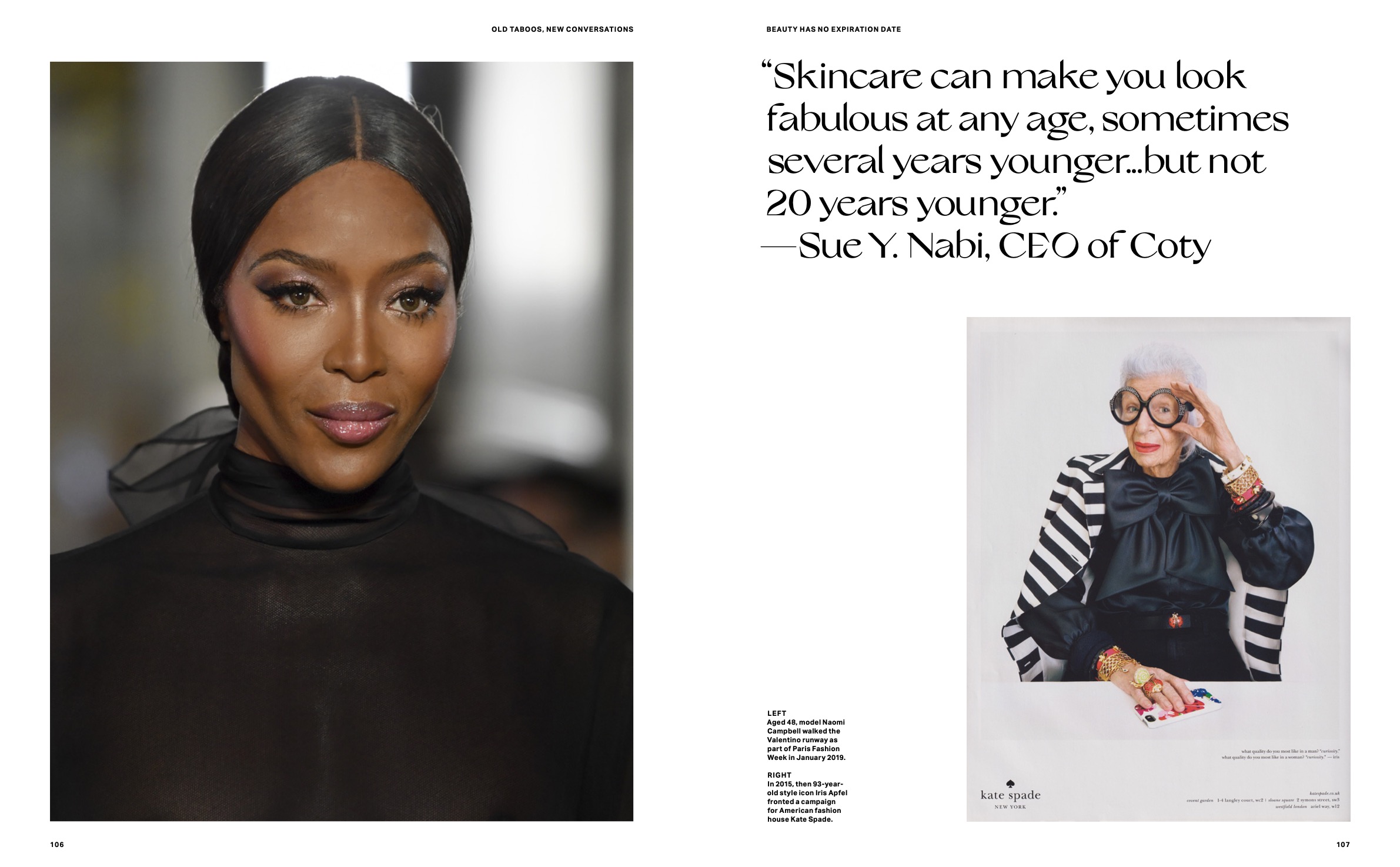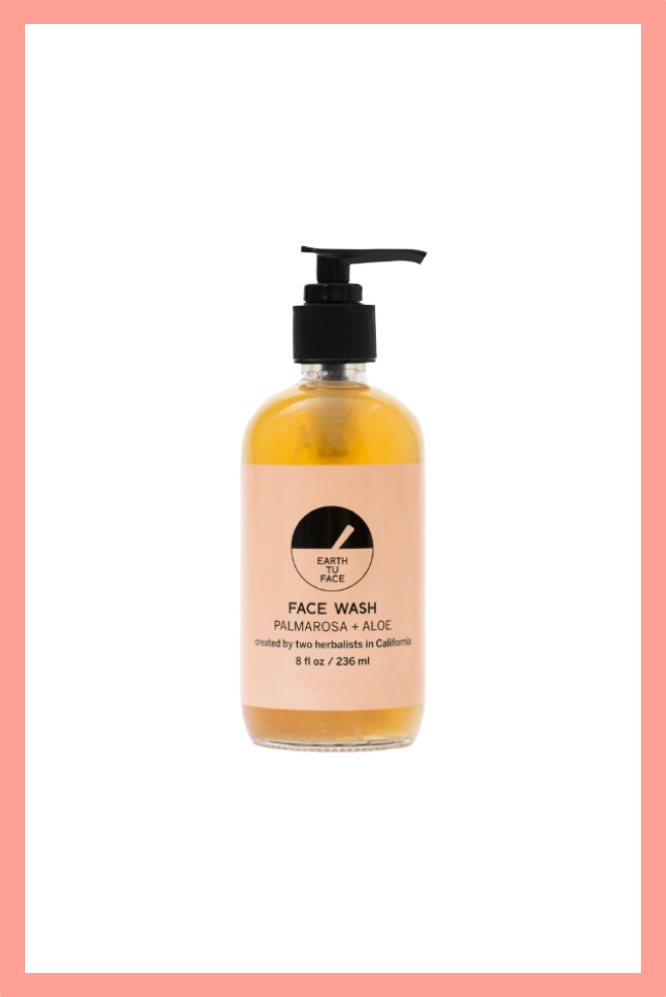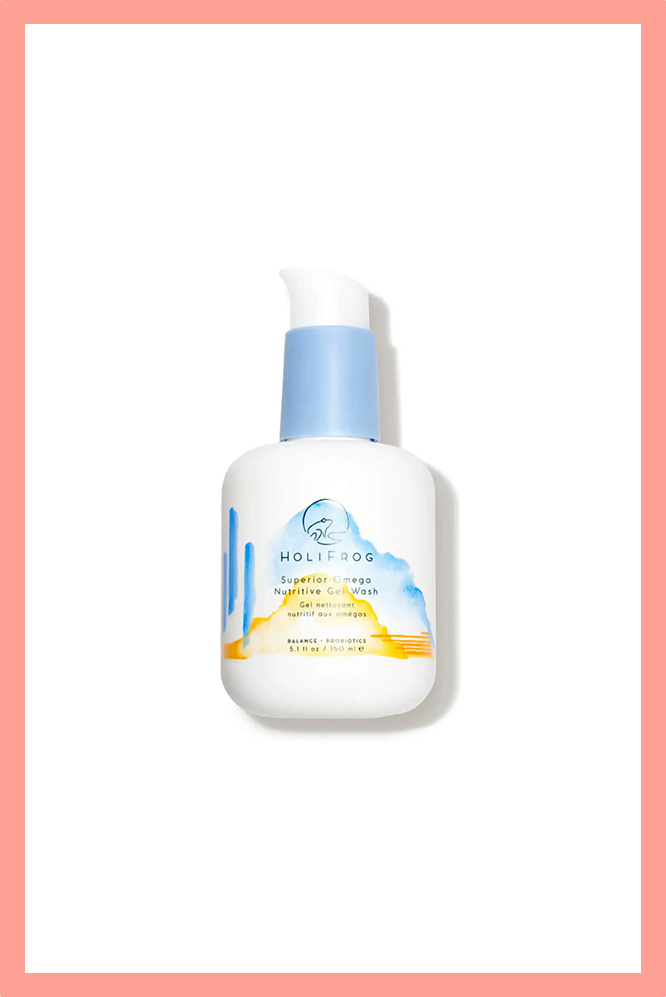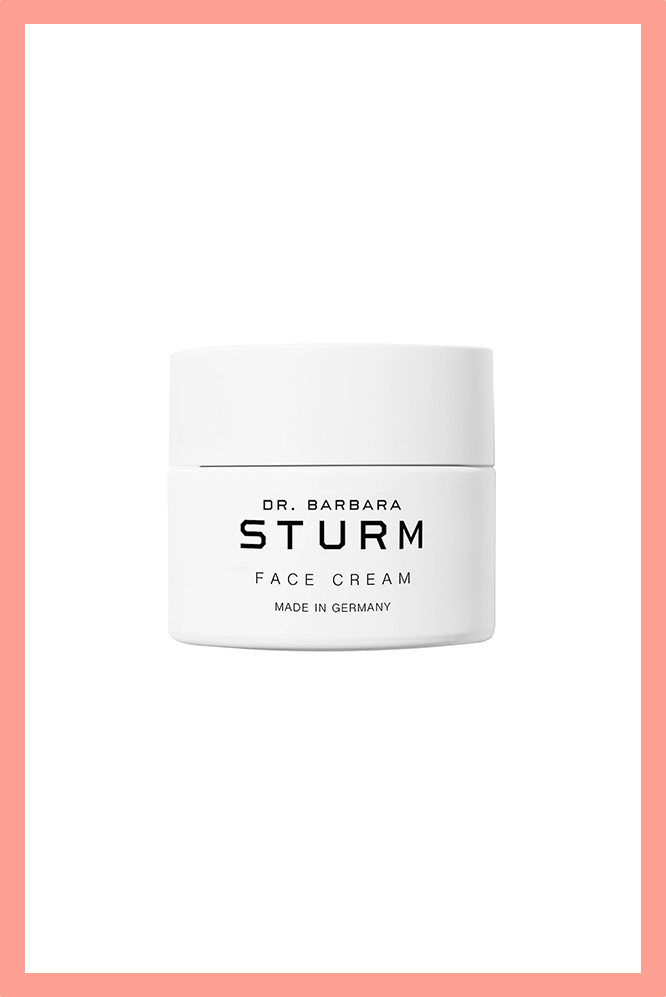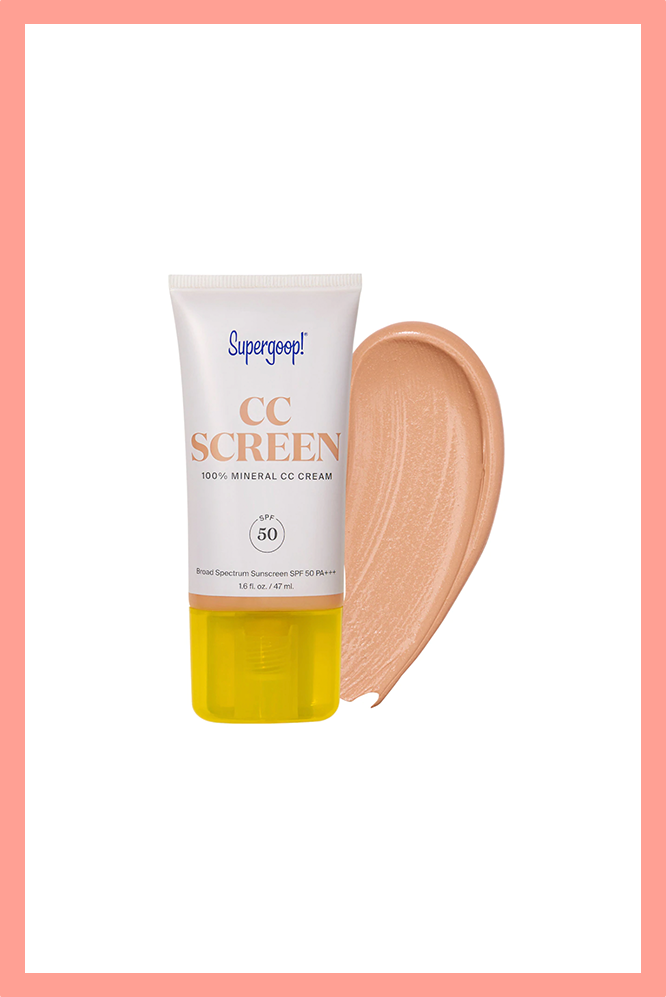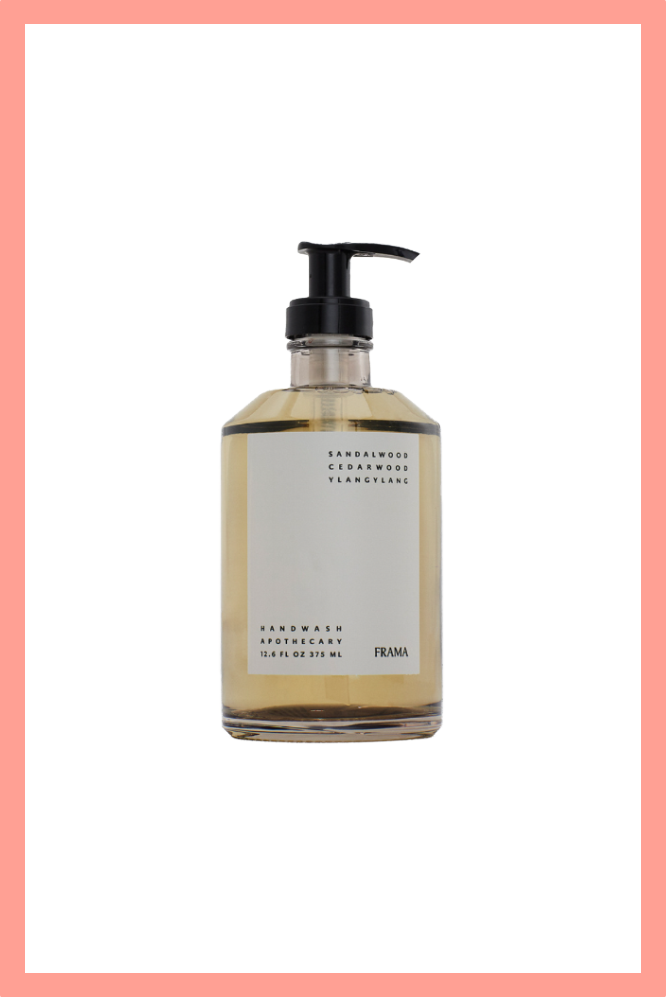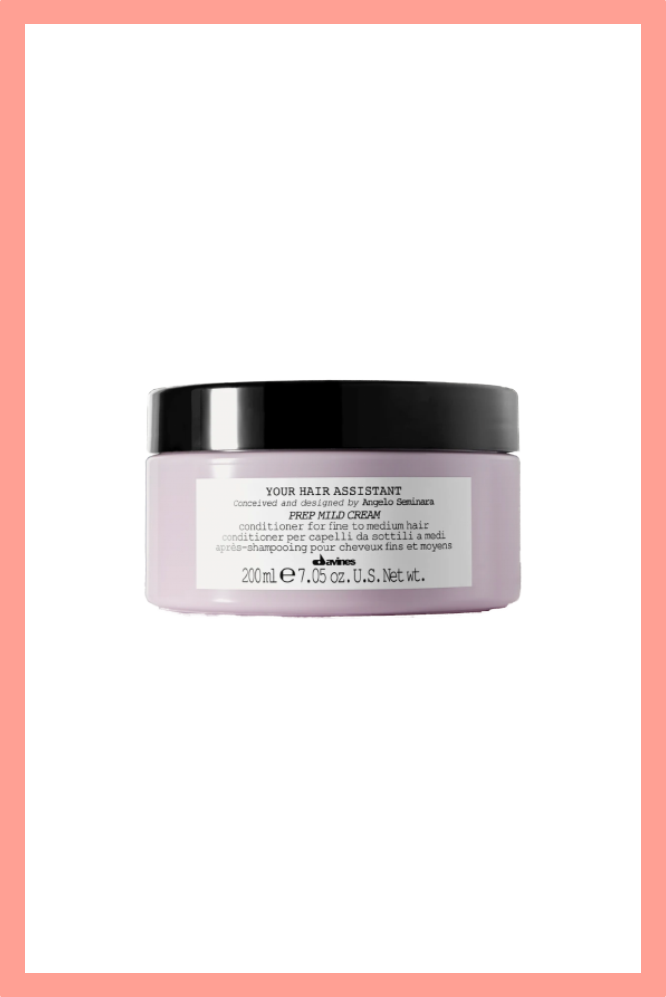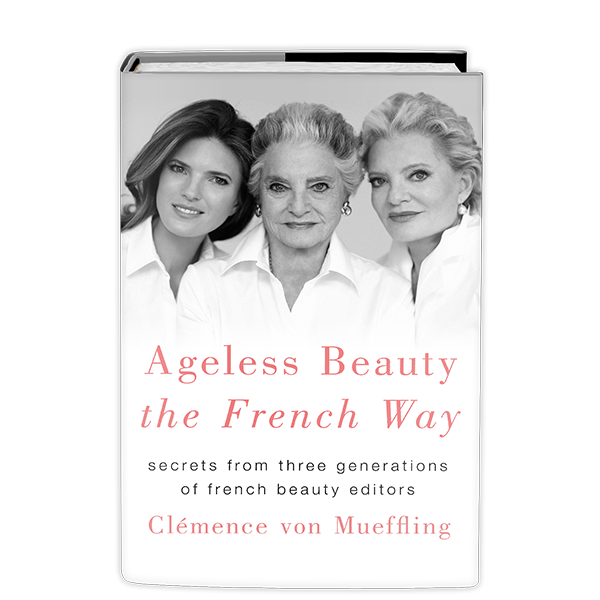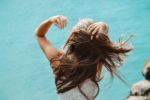Writer Kari Molvar’s Classic Take On Modern Beauty
This month, we’re tapping into Kari Molvar’s favorite tips, icons, and trends of decades passed.
At BWB, we are big fans of ageless beauty. While we research tirelessly to keep our fingers on the pulse of the modern beauty industry, we also love to turn to beauty icons throughout history. Timeless traditions age as gracefully as we’d like our skin to! In addition, we are lucky to learn from other experts and writers who have taken similar deep dives into the past of the beauty world.
Longtime BWB contributor and writer for The New Yorker Style Magazine, Kari Molvar has plenty of insider beauty knowledge to share in her new book, The New Beauty: A Modern Look at Beauty, Culture, and Fashion. Earlier this summer, we shared an exclusive excerptof Kari’s book on BWB for those who love makeup and ASMR. This month, we’re tapping into Kari’s favorite tips, icons, and trends of decades passed.
What was your inspiration for writing this book?
It was very obvious to me that the beauty world was going through a revolution—the definition of what is “beautiful” was being radically redefined by social media, influencers and other cultural forces, which made it a very interesting time to examine the history and modern implications of our personal esthetics.
What are some of the unique beauty tips you’ve discovered while writing the book? Are there any ancient beauty tips that are still relevant today?

The New Beauty, gestalten 2021
As I looked through history and started to trace the evolution of the beauty industry, I started to question the necessity of certain grooming rituals we consider part of keeping up our appearances. For example, why do we need to shave our legs and tweeze our eyebrows? Why must we cover up gray hair? Why do we fear wrinkles?
We’re freer to pursue the beauty ideals we personally create for ourselves rather than conform to others’ standards.
I realized that so much of the beauty industry in the early 20th century was based on creating problems for women (and men) to then solve with products. Today, I think we are questioning those motivations, and liberating ourselves from having to shave our legs, for example, simply because it’s a symbol of femininity. We’re freer to pursue the beauty ideals we personally create for ourselves rather than conform to others’ standards.
Interestingly, many ancient beauty rituals revolved around preserving youthfulness, even as far back as the ancient Greeks and Romans, and the ancient Egyptians concocted some of the earliest beauty oils to protect their hair and skin from the elements. Fascinating to think we’re still using versions of these same remedies today!
Who are some of your favorite beauty icons?
Katharine Hepburn for embracing both masculine and feminine qualities, and her unwavering confidence in not having to fit into society’s definition of attractiveness.
Stella Tenant for her rebelliousness and British wit.
LiyaKebede for using her platform to do good for other women.

The New Beauty, gestalten 2021
How would you describe the role of social media in today’s beauty stratosphere?
Social media has broken down boundaries and allowed us the freedom to explore and experiment with our looks. At the same time, it’s created unhealthy standards, just like any other form of mainstream media, but there are so many voices in the mix that individuality is celebrated above all else.
What are your favorite brands for:
- Cleansing: Earth Tu Face liquid foaming cleanser smells heavenly and I also love Holifrog Omega gel cleanser since it’s light but powerful.
- Hydration: Dr. Barbara Sturm face cream is somehow always the right solution for my skin, no matter the season. It absorbs beautifully and leaves me glowing.
- Sun protection: Supergoop! Tinted mineral sunscreens are the best and don’t create a white residue.
- Body: Frama hand soaps are so chic — I love the woodsy scents and Scandi design. Binu Binu soaps are inspired by Korean bathhouses and are super gentle but purifying.
- Hair: Davines! Love the originality of the brand and that the farmers who grow the ingredients are listed on the bottles.
Green beauty, clean beauty, sustainable beauty… How do you make intelligent choices as a beauty consumer? What defining qualities differentiate brands from one another?
This is a tough one! There is a lot of greenwashing in the market, and many brands toss out terms like sustainable and clean without explaining what that means. Personally, I prioritize which aspects of my routine I want to keep clean and as natural as possible—such as deodorant and sunscreen—and really take my time to read through how these products are made. I think you have to pick the areas you care most about and educate yourself about what’s important and what’s just fearmongering.
How do you envision beauty will evolve in the next decade?
I think beauty is becoming more much diverse and inclusive, especially for people of color, and I’m looking forward to more seeing more brands launched by founders from many different backgrounds who bring a new perspective to our idea of beauty. Perceptions of beauty will always evolve along with the culture, and we are ready for change!
Feature Image Credit: The New Beauty, gestalten 2021
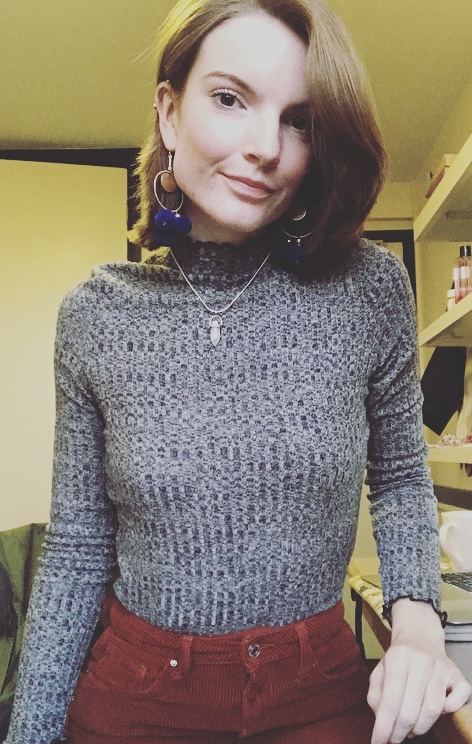
Teresa Deely is a graduate from Columbia University with majors in English and Creative Writing. She is a freelance writer and marketing assistant working for clients in the wellness, jewelry, creative, and sports industries. She believes that one’s skin is yet another canvas and vehicle for art, and has loved styling her hair and applying makeup from a young age. Spending much of her time in educating youth and leading enrichment programs for children, she is highly motivated in discovering new ways to care for herself and sharing them with others.


